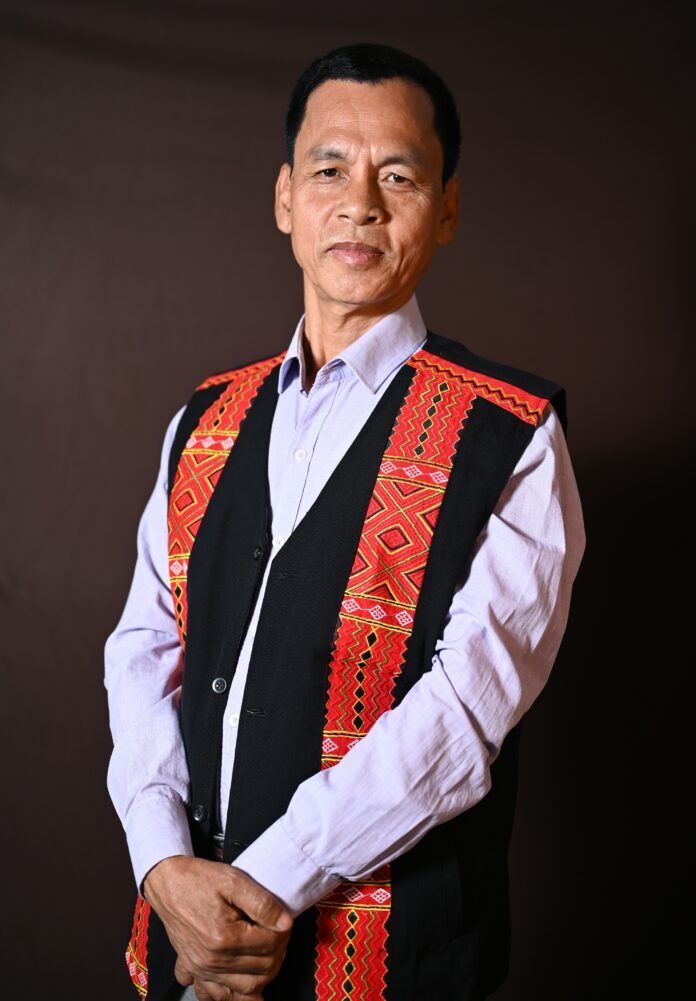Tripura MLA Ranjit Debbarma of the Tipra Motha Party has expressed grave concern over the safety of religious minorities living in the Chittagong Hill Tracts of Bangladesh. In a letter addressed to the Interim Government of Bangladesh, Debbarma called for immediate action to ensure the protection of these communities. He emphasized the urgent need for adequate security arrangements to safeguard the lives and property of the affected people in the region.
Debbarma’s letter comes in the wake of escalating violence in the Chittagong Hill Tracts, where minority groups have increasingly become targets of aggression. The Tripura MLA highlighted the vulnerability of these communities, which have historically faced marginalization and discrimination. He urged the Bangladesh government to take swift and decisive steps to prevent further harm and to restore peace and stability in the region.
The Chittagong Hill Tracts, located in southeastern Bangladesh, have long been a site of ethnic and religious tension. The region is home to several indigenous groups, many of whom practice religions that differ from the majority Muslim population in Bangladesh. These communities have often found themselves at the receiving end of hostility, with reports of violence, land grabs, and other forms of persecution being common.
In his letter, Debbarma also called on the international community to pay attention to the plight of these minorities. He stressed that the protection of religious and ethnic minorities is a matter of human rights and should be treated with the seriousness it deserves. Debbarma’s appeal is seen as a significant move, as it highlights the cross-border concerns that have implications for regional stability and security.
Debbarma’s concerns are not isolated. Various human rights organizations have previously raised alarms about the deteriorating situation in the Chittagong Hill Tracts. Reports of forced conversions, destruction of property, and physical violence against minority groups have surfaced over the years, painting a grim picture of life for these communities. The MLA’s letter adds to the chorus of voices demanding justice and protection for the affected populations.
In the letter, Debbarma reiterated the shared cultural and historical ties between the people of Tripura and the indigenous groups in the Chittagong Hill Tracts. He noted that many families in Tripura have ancestral links to the region, making the safety of these communities a matter of personal and emotional significance for many in his state. This connection has fueled a sense of solidarity among the people of Tripura, who are increasingly concerned about the well-being of their brethren across the border.
The Tripura MLA’s demand for security comes at a critical time when Bangladesh is under the leadership of an interim government. Debbarma urged the interim leadership to prioritize the safety of all its citizens, regardless of their religious or ethnic background. He stressed that a peaceful and stable Bangladesh is in the interest of the entire region, including neighboring India.
Debbarma’s call for security for the minorities in the Chittagong Hill Tracts is likely to resonate with other leaders in the northeastern states of India, many of whom have also expressed concerns about cross-border issues. The demand for protection reflects a broader regional anxiety about the stability of Bangladesh and its impact on neighboring countries.
As the situation in the Chittagong Hill Tracts continues to evolve, the response from the Bangladesh government will be closely watched. Debbarma’s letter has brought the issue to the forefront, and it remains to be seen what steps will be taken to address the concerns raised. The safety and security of religious minorities in Bangladesh is a matter of international concern, and the actions of the interim government will play a crucial role in shaping the future of the region.


